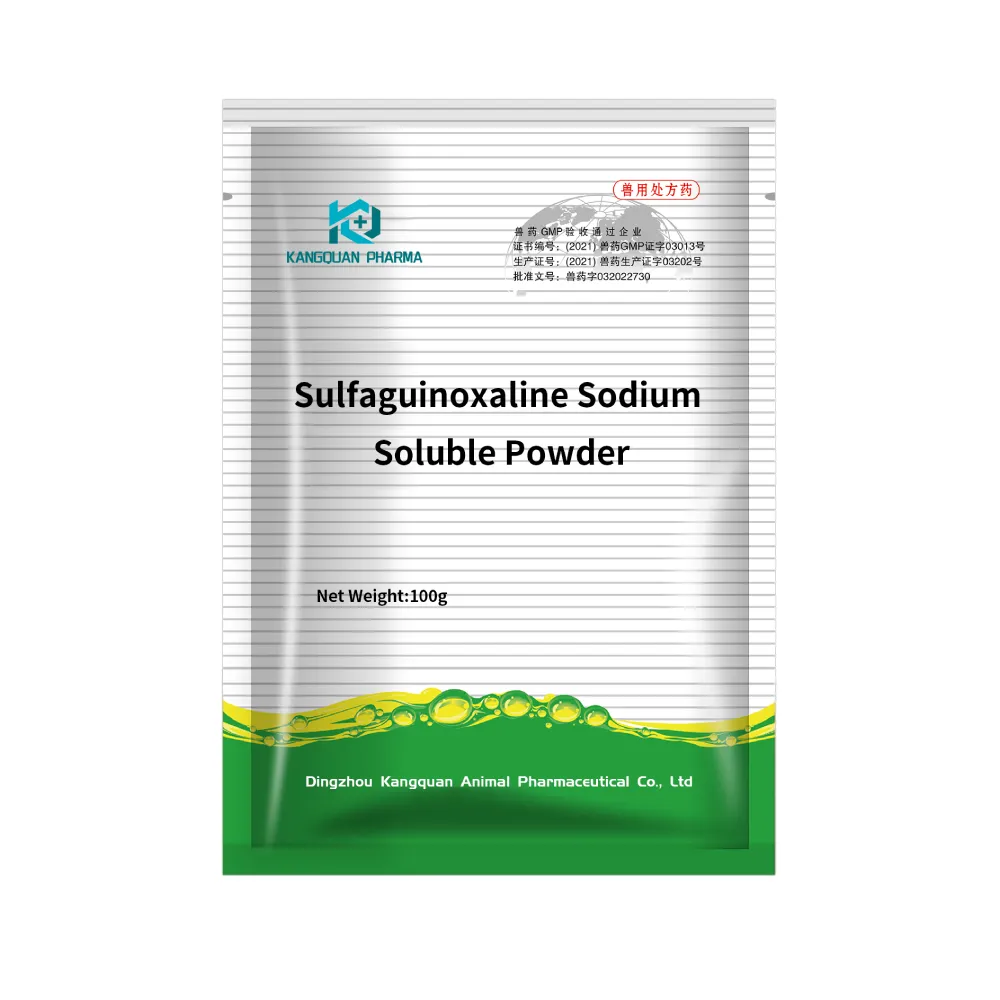- Afrikaans
- Albanian
- Amharic
- Arabic
- Armenian
- Azerbaijani
- Basque
- Belarusian
- Bengali
- Bosnian
- Bulgarian
- Catalan
- Cebuano
- Corsican
- Croatian
- Czech
- Danish
- Dutch
- English
- Esperanto
- Estonian
- Finnish
- French
- Frisian
- Galician
- Georgian
- German
- Greek
- Gujarati
- Haitian Creole
- hausa
- hawaiian
- Hebrew
- Hindi
- Miao
- Hungarian
- Icelandic
- igbo
- Indonesian
- irish
- Italian
- Japanese
- Javanese
- Kannada
- kazakh
- Khmer
- Rwandese
- Korean
- Kurdish
- Kyrgyz
- Lao
- Latin
- Latvian
- Lithuanian
- Luxembourgish
- Macedonian
- Malgashi
- Malay
- Malayalam
- Maltese
- Maori
- Marathi
- Mongolian
- Myanmar
- Nepali
- Norwegian
- Norwegian
- Occitan
- Pashto
- Persian
- Polish
- Portuguese
- Punjabi
- Romanian
- Russian
- Samoan
- Scottish Gaelic
- Serbian
- Sesotho
- Shona
- Sindhi
- Sinhala
- Slovak
- Slovenian
- Somali
- Spanish
- Sundanese
- Swahili
- Swedish
- Tagalog
- Tajik
- Tamil
- Tatar
- Telugu
- Thai
- Turkish
- Turkmen
- Ukrainian
- Urdu
- Uighur
- Uzbek
- Vietnamese
- Welsh
- Bantu
- Yiddish
- Yoruba
- Zulu
నవం . 13, 2024 04:18 Back to list
levamisole bolus
Understanding Levamisole Bolus Uses and Benefits
Levamisole, a drug originally developed as an antihelminthic agent, has gained substantial attention in veterinary and medicinal applications over the years. It is primarily utilized for its efficacy in treating various parasitic infections in animals and is often administered in the form of bolus, which is a solid dose form that can be easily swallowed. This article explores the uses, benefits, and considerations of Levamisole bolus.
What is Levamisole?
Levamisole is a imidazothiazole derivative known for its effectiveness against nematodes in animals. Initially approved for veterinary use to combat parasitic infections, it has also been repurposed in humans for immune modulation, particularly in the treatment of certain cancers and autoimmune diseases. The compound acts by stimulating the immune system and disrupting the metabolism of parasites, leading to their eventual elimination from the host.
Levamisole Bolus Administration and Dosage
The bolus form of Levamisole is prominent in the veterinary field, especially among livestock and pets. The bolus is designed for oral administration, making it convenient and effective for treating large animals, such as cattle and sheep, where precise dosing can be more challenging. They are typically available in various strengths, allowing for tailored dosing based on the animal's weight and the severity of the infection.
Administering a Levamisole bolus is relatively simple. It can be given directly into the animal’s mouth, ensuring that it is swallowed whole. The timing of administration is crucial; it is often recommended to give the bolus when the animal is fasted for a certain period, as this maximizes the absorption and efficacy of the drug.
levamisole bolus

Benefits of Levamisole Bolus
One of the key benefits of using Levamisole bolus is its broad spectrum of activity against gastrointestinal nematodes. This makes it particularly valuable in the prevention and treatment of infections that can significantly impact the health and productivity of livestock. By effectively managing parasite loads, farmers can enhance the overall well-being of their animals, leading to improved growth rates and productivity.
Additionally, Levamisole's immunomodulatory properties offer potential benefits beyond direct parasitic treatment. It can enhance the immune response, which may be beneficial during stress periods or when animals are at a higher risk of infections. This dual effect of parasite management and immune system support makes Levamisole a versatile addition to veterinary medicine.
Considerations and Safety
While Levamisole is generally considered safe when used as directed, it is essential to follow proper dosing guidelines to avoid potential side effects. Overdosing can lead to toxicity, with symptoms ranging from gastrointestinal disturbances to neurological effects. Consulting with a veterinarian before administering Levamisole bolus is crucial to ensure that it is appropriate for the specific animal and situation.
In conclusion, Levamisole bolus serves as a vital tool in both veterinary practice and, to a lesser extent, human medicine. Its ability to combat parasitic infections while enhancing immune function underscores its significance in animal health. As with any medication, proper usage and guidance from a veterinary professional are paramount to ensure the safety and efficacy of treatment.
-
Guide to Oxytetracycline Injection
NewsMar.27,2025
-
Guide to Colistin Sulphate
NewsMar.27,2025
-
Gentamicin Sulfate: Uses, Price, And Key Information
NewsMar.27,2025
-
Enrofloxacin Injection: Uses, Price, And Supplier Information
NewsMar.27,2025
-
Dexamethasone Sodium Phosphate Injection: Uses, Price, And Key Information
NewsMar.27,2025
-
Albendazole Tablet: Uses, Dosage, Cost, And Key Information
NewsMar.27,2025













